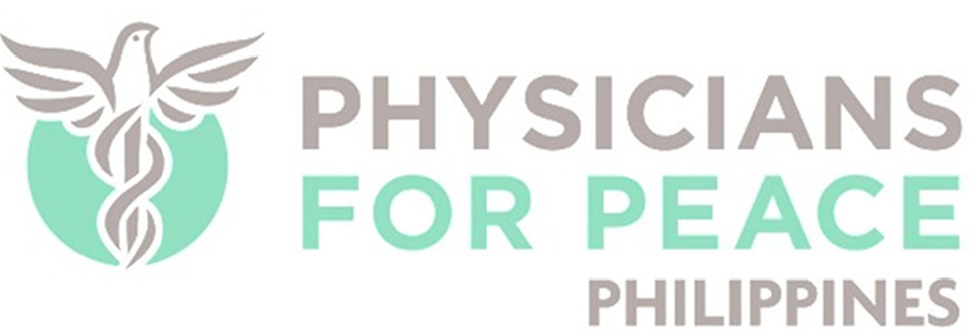
Physicians for Peace-Philippines Walking Free program has grown from its start of direct individual care, the Walking Free program today addresses orthotic and prosthetic resources for those who cannot afford to get their prosthesis and rehabilitation procedures. The team continues to provide the indigent population better access to mobility device and prosthesis/orthosis use by coordinating year round medical missions where amputee screening and prosthesis services are organized and conducted on site.
PFPP Walking Free Program mobilizes team of rehabilitation medicine physicians and allied health professionals ( prosthetists, orthotists, wheelchair technicians, physical & occupational therapists) in assistive technology assessment and provision for appropriate wheelchair, prostheses, orthoses and assistive devices to the mobility impaired secondary to neuromuscular ( e.g.,Cerebral Palsy, Spinal Cord Injury, Stroke, Poliomyelitis ) and musculoskeletal (Amputations, Arthritis, Deformities) disorders.
Wheelchair is defined by World Health Organization as ‘a device providing wheeled mobility and seating support for a person with difficulty in walking or moving around’, is one such assistive device (World Health Organization [WHO] 2008:11). The provision of assistive devices to compensate for loss of function is an essential part of rehabilitation (United Nations [UN] 2006a).
PFPP considers the “functionality in a wheelchair that relies on the interaction between the user, the wheelchair, the environment and the activity performed (Routhier et al. 2003). Wheelchair provision in rural areas take into account the uneven terrain, lack of paved roads and sidewalks, eroded paths, small houses and narrow doors often found in these settings (Eldar 2001)”
In low-resourced settings the wheelchairs becomes the primary mode of mobility for the recipients (Schoenberg & Coward 1998; WHO 2008). In line with the WHO, PFPP takes into consideration the context of the wheelchair users such as “ user’s needs and environmental conditions; provides proper fit and postural support; is safe and durable, and can be obtained and maintained and services sustained in the country at the most economical and affordable price.” (WHO 2008:11)
PFPP believes that an appropriate wheelchair plays a key role in enhancing quality of life of the user as it can assist with the realisation of basic human rights such as access to health care and education, economic self-sufficiency and participation in community and social life (Borg, Lindstrom & Larsson 2009; Department of Health [DoH] 2003; Greer, Brasure & Wilt 2012; UN 2006b; WHO 2008). Furthermore, literature associates a correctly-prescribed wheelchair with improved function and healthcare benefits through the prevention of secondary complications (DoH 2003; UN 2006b). Provision of appropriate wheelchairs should thus be one of the priorities of a rehabilitation programme.” (Surona Visagie,1 Elsje Scheffler,2 and Marguerite Schneider3. Policy implementation in wheelchair service delivery in a rural South African setting. 2013)
